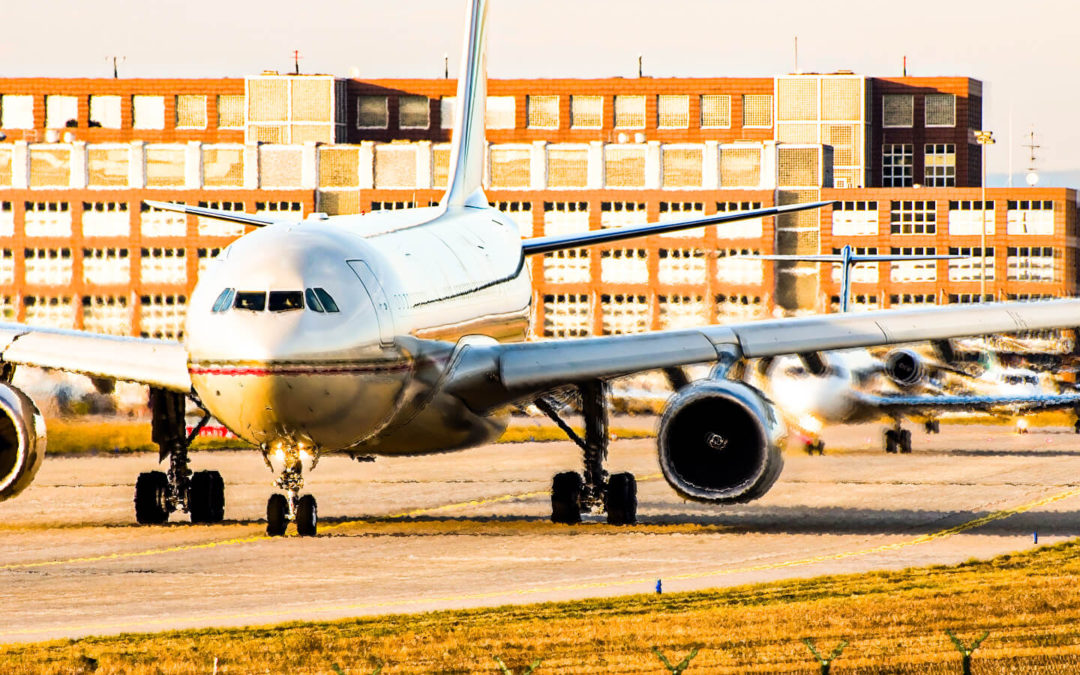
by Eric Price | Aug 1, 2023 | American, Front Page, Row 2, The Association
Recording Secretaries – Please print and post on all IAMAW Bulletin Boards. GET PRINTABLE COPY >> Related News United Ground Express Negotiations Update May 27, 2025During these sessions, we focused on Section 4 (Hours of Service), where we exchanged and...

by Eric Price | Aug 1, 2023 | Education, Front Page, Other News, Perusals, Recent News, Row 2
Meet the Adolph Stutz Memorial Scholarship Winners of 2023 IAM141.org August 1, 2023 The District Lodge 141 Scholarship Committee, in partnership with Bleiweiss Communications Inc., is proud to announce the 2023 Adolph Stutz Memorial Scholarship Competition winners. ...

by Eric Price | Jul 31, 2023 | Front Page, MNPL, Other News, Perusals, Recent News, Row 2
FAA Reauthorization Act Receives Broad Support in House IAM141.org July 31, 2023 The IAM applauded the passage of the Federal Aviation Administration (FAA) Reauthorization Act of 2023 in the House of Representatives. This month, the House of Representatives approved...

by Eric Price | Jul 18, 2023 | Featured News, Front Page, Other News, Recent News, Row 2, Safety
Here’s the Difference Between Heat Stress, Exhaustion, and Stroke IAM141.org July 18, 2023 Heat-related injuries and sickness can often be hard to understand because the words used to describe them can be tricky. With hot weather warnings in the U.S., it’s...

by Eric Price | Jul 3, 2023 | Community Service, Education, Front Page, GOIAM Stories, Other News, Recent News, Row 2
Hurry, There’s Still Time! Thousands of Dollars in Scholarship Money is Available! IAM141.org July 2, 2023 Calling all members of Machinists Union District 141! If you’ve ever considered continuing your education or know someone who is, now is the time to...

by Eric Price | Jul 1, 2023 | Front Page, Other News, Recent News, Row 2, United
United CEO Scott Kirby Takes a Private Jet Amid Thousands of Flight Cancellations IAM141.org July 1, 2023 Scott Kirby, the CEO of United Airlines, issued an apology on Friday for his decision to board a private aircraft amidst the flight cancellation chaos that left...







